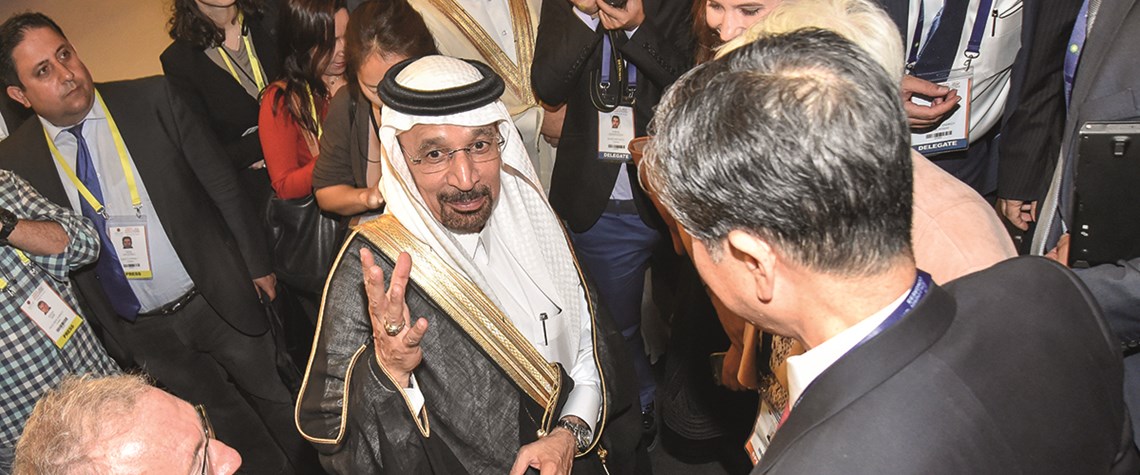End of the war for Opec
In the end, the fiscal pressures and income loss were too great for Opec’s members to bear—and the rewards of the market-share strategy too meagre
In January 2015, Oman's urbane oil minister could barely hide his contempt. Just two months earlier, at Opec's fateful November 2014 meeting, the group-of which Oman is not a member-had stared at a weakening oil market and decided to do nothing. In the memorable words of one Saudi oil adviser, the kingdom had decided to "take its hand off the tiller". But Mohammed al-Rumhy was having none of it. "I really fail to understand how market share became more important than revenue," he said from the podium of a Petroleum Economist conference in Kuwait City. "We have created volatility-and volatility is one of those words that's bad for business." It was "politics that I don't understand". Lots of

Also in this section
27 February 2026
LNG would serve as a backup supply source as domestic gas declines and the country’s energy system comes under stress during periods of low hydropower output and high energy demand
27 February 2026
The assumption that oil markets will re-route and work around sanctions is being tested, and it is the physical infrastructure that is acting as the constraint
27 February 2026
The 25th WPC Energy Congress to take place in tandem as part of a coordinated week of high-level ministerial, institutional and industry engagements
27 February 2026
The deepwater sector must be brave by fast-tracking projects and making progress to seize huge offshore opportunities and not become bogged down by capacity constraints and consolidation







